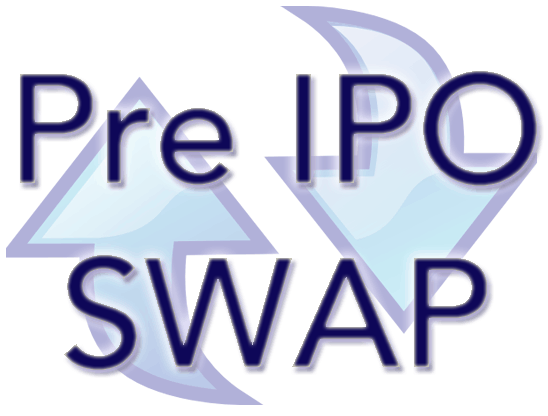PreIPOSwap.com — 10/12/2023 — Knoxville, TN Loom was purchased at a 35% discount to last round by Atlassian, for $975 Million. You can bet that Atlassian did a great job evaluating the financials of the deal, and especially, the valuation. $975 Million is a lot of money, even to a big company. Loom took the deal. Some sellers in the secondary market are still expecting last round pricing, why? We get it, they don’t need the money – and why should they take a haircut (especially if performance is tied to their pay). But however you look at it, M&A deals like this set the tone for price discovery when it comes to the secondary market. From Crunchbase News:
Video messaging startup and one-time unicorn Loom was bought for $975 million by collaborative software giant Atlassian. The San Francisco-based startup raised a $130 million Series C at a $1.5 billion valuation in May 2021 — so Atlassian’s price represents about a 35% decline from that value.
35% discount is far away from 80% or 90% which is what some companies are trading at. For example, Stripe was trading as high as 70 – 80 in the secondary market, and now is trading in the low 20’s.
Private Markets such as secondaries are structurally the same as public markets, but with much slower reaction times. Public markets can react to news in minutes, whereas private markets take weeks and months to even close a transaction, so pricing is not so dynamic. With buyers wanting to pay less, and sellers wanting to get more, perhaps 35% is a happy medium between 50% + and last round.
Typically, secondary companies are priced at a premium or a discount to last round. For those who are not familiar with private markets, they are for accredited investors only and there is a high amount of risk. Any company is potentially the next FTX, and it’s impossible to know 100% of the facts that cause companies to implode. Most investors in private markets are large firms, professional investors, and/or Venture Capital firms where this type of risky investing is their primary business model. It is not for the faint of heart.
Because private markets are not publicly traded, the biggest issue is price discovery – the price at which buyer and seller agree to the transaction. Factors that go into price discovery include company performance, historical track record, market conditions, sector analysis, and other factors.
For more information on private markets, checkout these resources from Venture Capital Cross blog:
Get the book – Order Now! Investors Guide to LEGAL Insider Trading
Get the course – Venture Capital, Private Equity, Private Markets, and Pre IPO
Sign up for an account @ Venture Capital Cross investing portal
SIGN UP